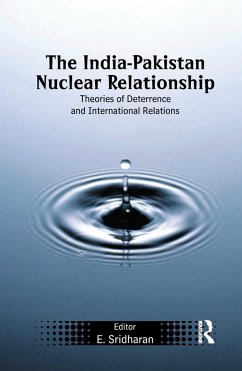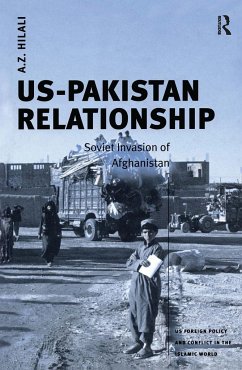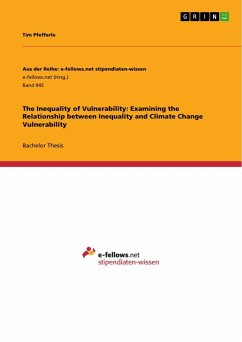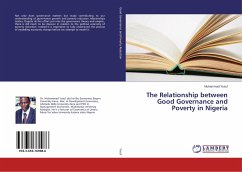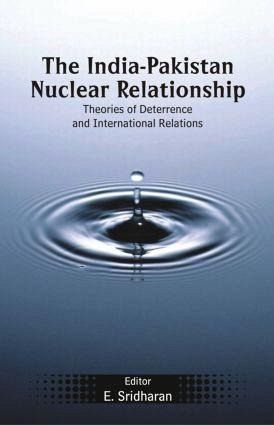
The India-Pakistan Nuclear Relationship
Theories of Deterrence and International Relations
Herausgeber: Sridharan, E.
Versandkostenfrei!
Versandfertig in 1-2 Wochen
158,99 €
inkl. MwSt.

PAYBACK Punkte
79 °P sammeln!
Conflict resolution and promotion of regional cooperation in South Asia has assumed a new urgency in the aftermath of the nuclear tests by India and Pakistan in 1998, and underlined by the outbreak of fighting in Kargil in 1999, full mobilization on the border during most of 2002, and continued low-intensity warfare and terrorism in Jammu and Kashmir. The stability of nuclear deterrence between the two countries is therefore a matter of great urgency and has found a place on the scholarly agenda of security studies in South Asia. Several books have been written on Indiaa (TM)s nuclear programm...
Conflict resolution and promotion of regional cooperation in South Asia has assumed a new urgency in the aftermath of the nuclear tests by India and Pakistan in 1998, and underlined by the outbreak of fighting in Kargil in 1999, full mobilization on the border during most of 2002, and continued low-intensity warfare and terrorism in Jammu and Kashmir. The stability of nuclear deterrence between the two countries is therefore a matter of great urgency and has found a place on the scholarly agenda of security studies in South Asia. Several books have been written on Indiaa (TM)s nuclear programme, but these have been mostly analytical histories. The India-Pakistan Nuclear Relationship is a new departure in that it is the first time that a group of scholars from the South Asian subcontinent have collectively tried to apply deterrence theory and international relations theory to South Asia.





